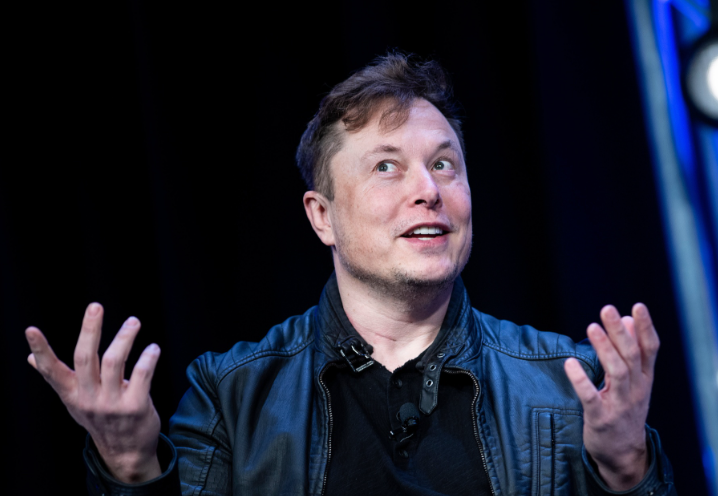#Tesla #EVs #ElonMusk #AutomotiveIndustry #SelfDrivingCars #Robotaxis #ElectricVehicles #MarketCompetition
Tesla has recently made headlines with its decision to cancel its highly anticipated affordable electric vehicle (EV), a move that has stunned investors and industry watchers alike. This decision marks a significant departure from Tesla’s long-held goal of mass-market adoption of EVs, as outlined by its CEO, Elon Musk, since the company’s inception. Musk’s vision has always been to use the revenue from Tesla’s luxury models to finance more accessible and affordable EVs for the average consumer. This strategy was seen as central to Tesla’s mission of accelerating the world’s transition to sustainable energy.
However, three sources familiar with the matter have revealed that Tesla is now focusing its efforts on the development of self-driving robotaxis instead of producing the affordable car once promised. This strategy shift comes amid an increasingly competitive global market, particularly from Chinese EV manufacturers offering vehicles at substantially lower price points. Tesla’s cheapest current model, the Model 3, starts at around $39,000 in the United States, whereas the now-canceled entry-level model, sometimes referred to as the Model 2, was expected to be priced at approximately $25,000.
This pivot to robotaxis aligns with Musk’s broader vision for the future of mobility, emphasizing the importance of autonomous driving technology. However, it introduces significant engineering challenges and regulatory hurdles, possibly delaying the realization of this vision.
The decision to cancel the affordable Tesla EV has significant implications, not only for Tesla’s growth strategy but also for its competitive positioning in the EV market. While Tesla has led the EV revolution, its delayed entry into the more affordable segment of the market has allowed competitors, especially from China, to gain a foothold and cater to a segment of the market that is rapidly expanding.
As Tesla reassigns its engineering resources towards robotaxis and away from the affordable car project, investors and consumers alike are left to wonder about the future direction of the company. Musk has famously said that Tesla’s value would be “basically zero” without achieving full self-driving capability, underscoring the importance of this pivot. However, with the growing pains of implementing such technology and the company’s other challenges, including scrutiny over its Autopilot system, it remains to be seen how Tesla will navigate these changes and what it means for the broader automotive industry.
This reversal on the affordable car project is a pivotal moment for Tesla, highlighting the tension between the vision of mass-market electric mobility and the practical challenges of innovation, competition, and shifting market demands. As Tesla forges ahead with its robotaxi ambitions, the automotive world watches closely to see how this gamble will pay off.







Comments are closed.